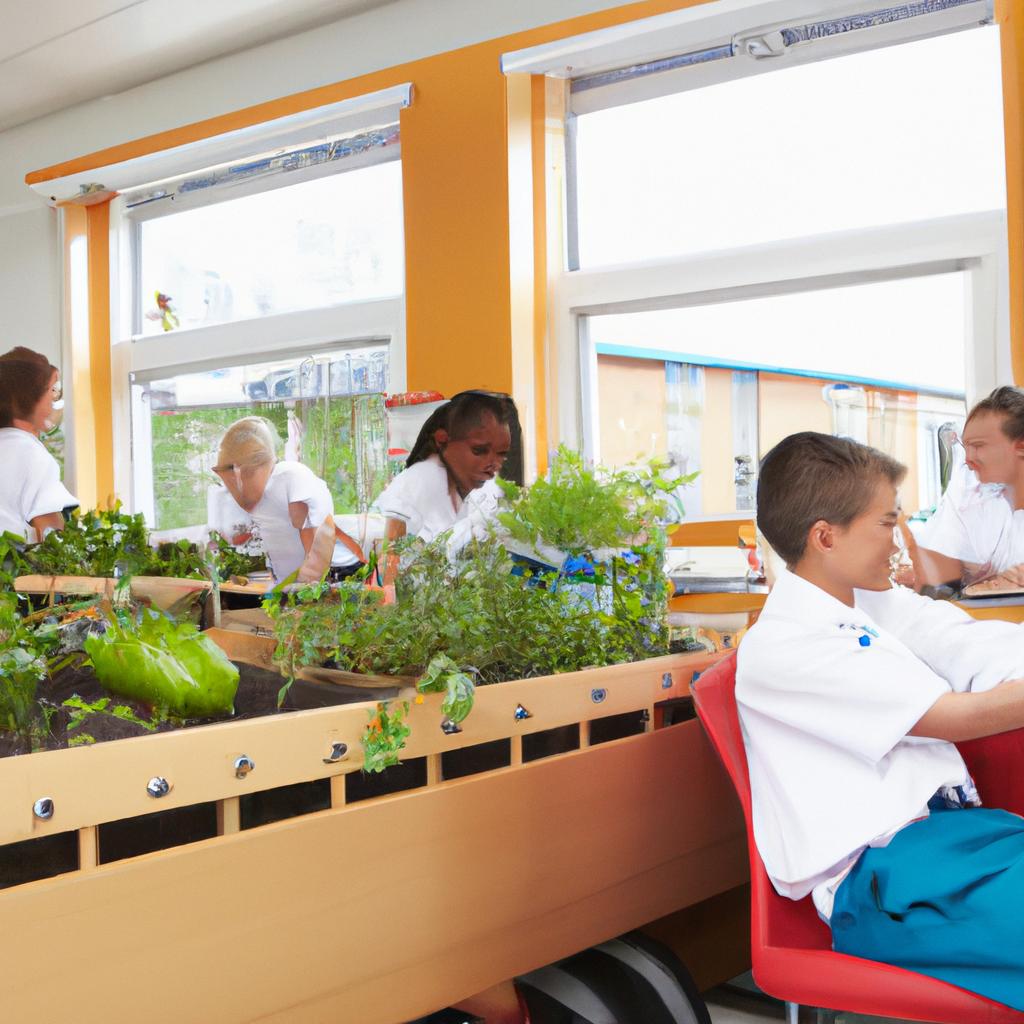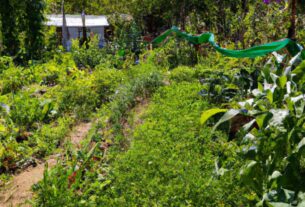Gardening is not only a hobby but also a valuable educational tool that offers numerous benefits. Garden education programs inspire learners to explore the wonders of nature, learn to grow their own food, understand the importance of environmental conservation, and develop critical thinking skills.
Benefits of Garden Education
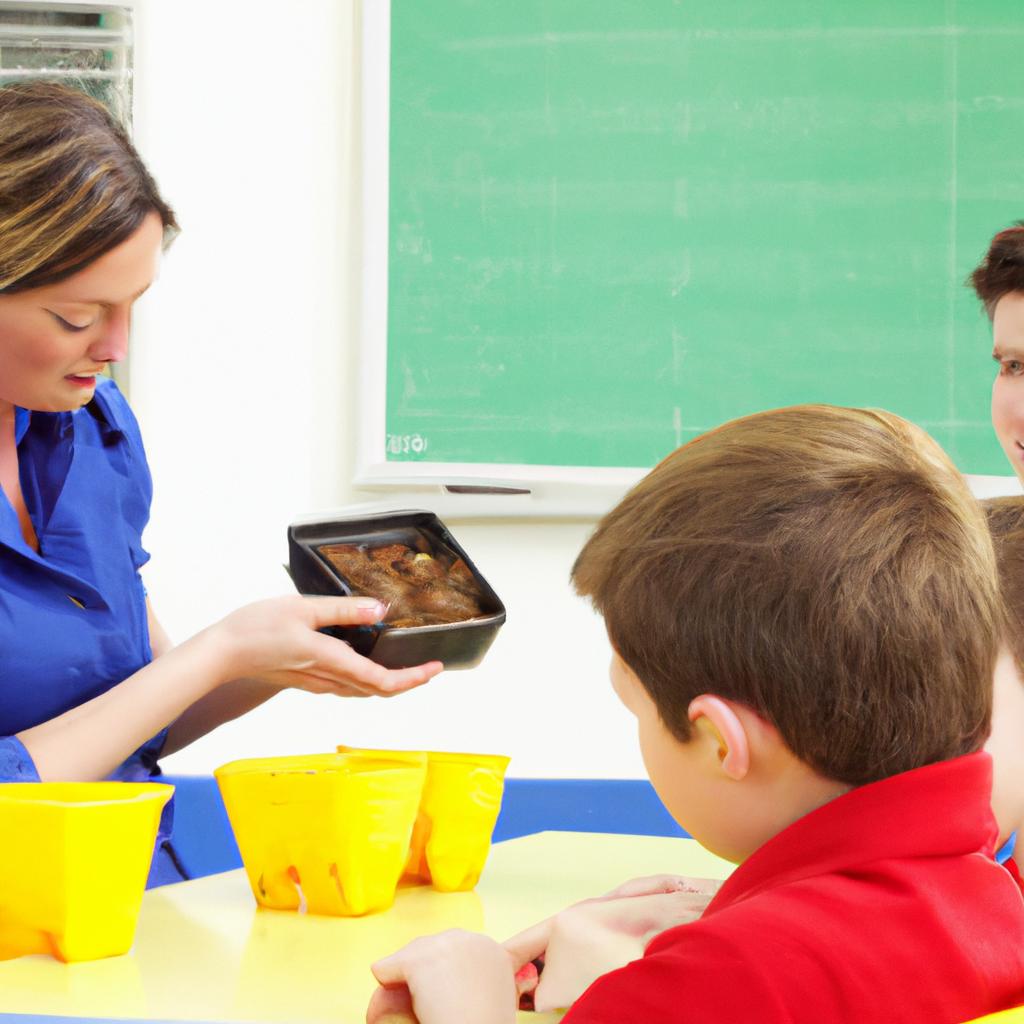
Garden education brings a myriad of benefits for learners of all ages. Here are some of the advantages:
1. Encourages Healthy Eating Habits
With garden education, learners gain an understanding of the value of consuming fresh, healthy, and locally grown food. They discover different types of fruits, vegetables, and herbs, as well as how to grow them. This knowledge empowers them to make healthier food choices and develop lifelong healthy eating habits.
2. Promotes Environmental Conservation
Garden education helps learners grasp the interdependence of living organisms and their environment. They learn about sustainable gardening practices such as composting, rainwater harvesting, and natural pest control. This knowledge fosters environmental conservation and encourages learners to become responsible citizens.
3. Enhances Academic Performance
Garden education plays a pivotal role in boosting learners’ academic performance. It helps them develop critical thinking, problem-solving skills, and creativity. Studies have indicated that learners who engage in garden education programs achieve better results in science, math, and English compared to their peers.
4. Provides Emotional and Social Benefits
Garden education provides emotional and social benefits for learners. It reduces stress and anxiety while improving mood. Moreover, it creates opportunities for learners to collaborate, share knowledge, and develop social skills.
In conclusion, garden education is an invaluable educational tool that offers numerous benefits for learners of all ages. It encourages healthy eating habits, promotes environmental conservation, enhances academic performance, and provides emotional and social benefits. TooLacks encourages everyone to participate in garden education programs and cultivate knowledge and skills for a better future.
Curriculum of Garden Education
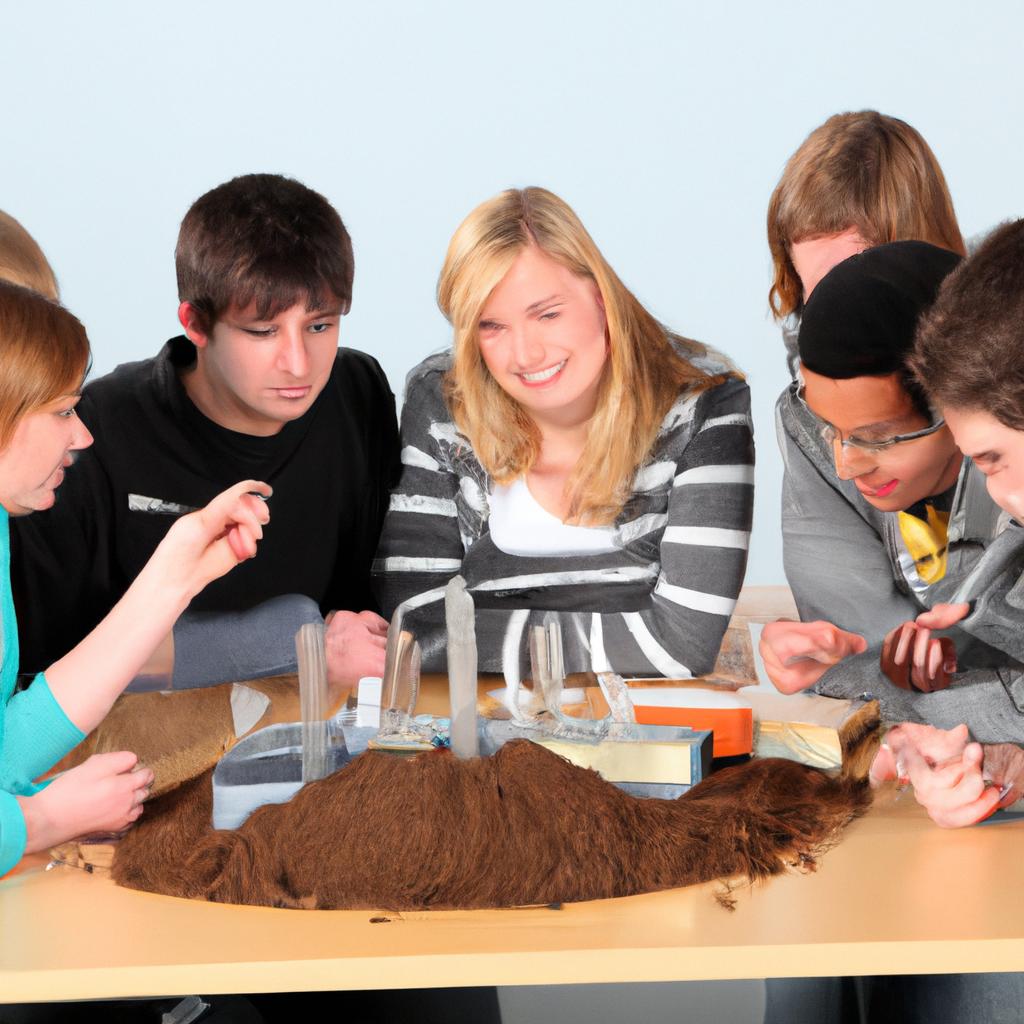
Garden education programs can be designed to cater to the needs and interests of learners. The curriculum can align with academic standards, such as science, math, and English, or focus on specific topics such as nutrition, environmental conservation, or sustainability. Here are some topics that can be covered in a garden education program:
1. Plant Biology and Ecology
Learners delve into plant biology, discovering different parts of a plant, their functions, and growth processes. They also explore plant ecology, studying the interdependence between living organisms and the environment.
2. Soil Science and Composting
Students learn about soil science, examining different soil types, their characteristics, and their impact on plant growth. They also delve into composting, understanding the benefits of composting and learning how to create and utilize it in the garden.
3. Gardening Techniques
Learners acquire knowledge about various gardening techniques such as seed starting, transplanting, watering, and harvesting. They also delve into natural pest control methods and learn how to prevent plant diseases.
4. Nutrition and Cooking
Garden education programs teach learners about nutrition and cooking, emphasizing the advantages of consuming fresh, healthy, and locally grown food. They also learn how to prepare and cook the produce they grow in the garden.
In conclusion, the curriculum of garden education programs can be tailored to meet the needs and interests of learners. It covers a wide range of topics, including plant biology and ecology, soil science and composting, gardening techniques, and nutrition and cooking. TooLacks encourages everyone to participate in garden education programs and cultivate knowledge and skills for a better future.
Setting up a Garden Education Program
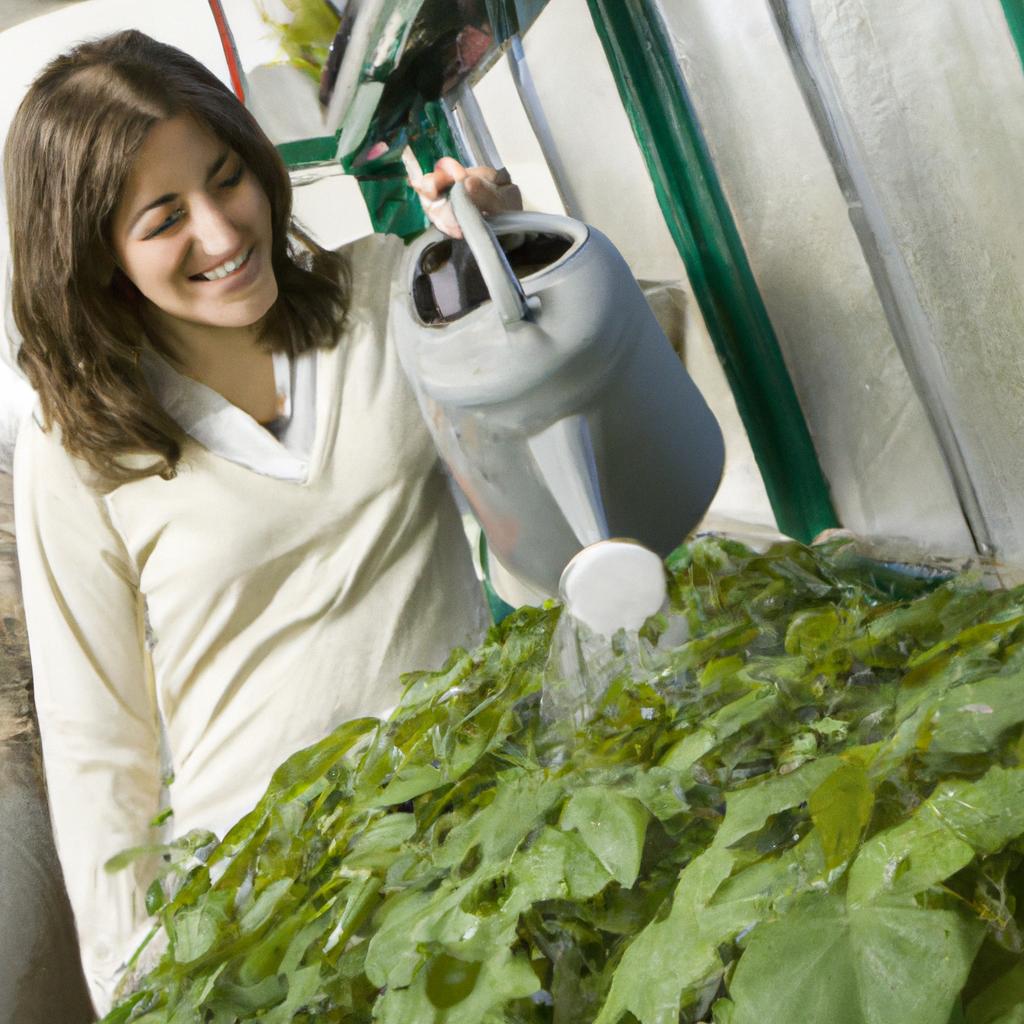
Setting up a garden education program requires careful planning, access to resources, and collaboration. Here are some steps to follow when establishing a garden education program:
1. Identify Goals and Objectives
Define the goals and objectives of the garden education program. Determine what you want learners to achieve and the topics you want to cover.
2. Choose a Site
Select a suitable site for the garden education program. The site should have adequate sunlight, water access, and suitable soil. It should also be safe and easily accessible for learners.
3. Gather Resources
Collect the necessary resources, such as gardening tools, soil, seeds, and compost. Consider seeking donations from local businesses or individuals to support the program.
4. Develop Curriculum and Lesson Plans
Design a curriculum and craft engaging lesson plans that align with the program’s goals and objectives. Ensure the curriculum is interactive, age-appropriate, and fosters engagement.
5. Train Educators and Volunteers
Provide training for educators and volunteers on garden education, gardening techniques, and safety protocols. Equip them with the skills to engage learners, making the program fun and interactive.
6. Evaluate and Improve the Program
Periodically evaluate the program to assess its effectiveness and identify areas for improvement. Embrace feedback from learners, educators, and volunteers to enhance the program and create a more engaging and effective learning experience.
In conclusion, setting up a garden education program requires diligent planning, access to resources, and collaboration. The process involves establishing goals and objectives, choosing a suitable site, gathering resources, developing a comprehensive curriculum, training educators and volunteers, and regularly evaluating and improving the program. TooLacks encourages everyone to participate in garden education programs, cultivate knowledge and skills for a better future, and be part of a flourishing community.
Challenges and Solutions in Garden Education
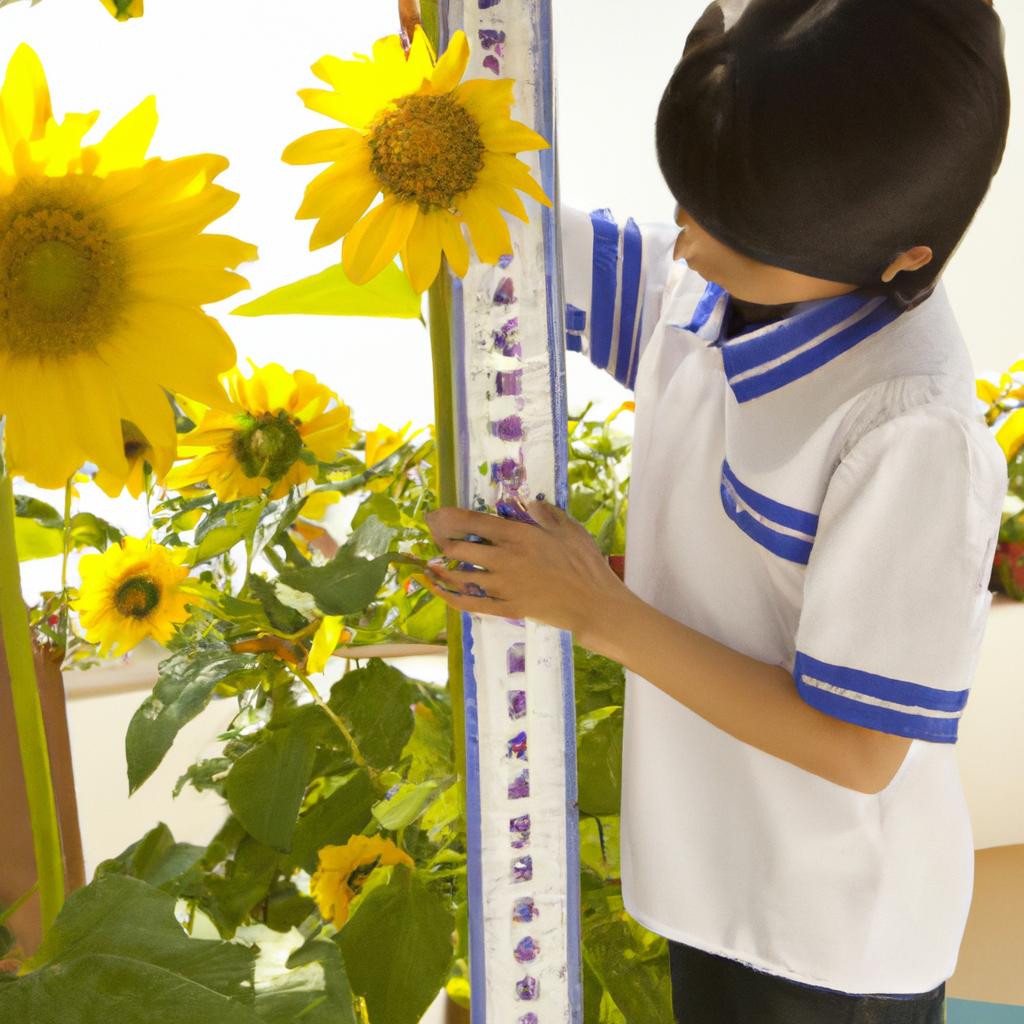
Garden education programs face various challenges, including limited resources, lack of support, and adverse weather conditions. Here are some of these challenges and their corresponding solutions:
1. Limited Resources
Insufficient resources, such as funding, gardening tools, and soil, can hinder the success of garden education programs. Overcoming this challenge involves seeking donations from local businesses or individuals, applying for grants, and establishing partnerships with other organizations.
2. Lack of Support
The absence of support from school administrators, parents, or the community can pose a challenge to garden education programs. To address this, programs should educate stakeholders about the benefits of garden education and how it enhances academic performance, health, and overall well-being.
3. Weather Conditions
Weather conditions, such as extreme heat, cold, or heavy rainfall, can also impact garden education programs. To mitigate this challenge, programs can utilize greenhouses or employ indoor gardening techniques to continue activities during unfavorable weather conditions.
4. Maintenance
Maintaining a garden requires consistent effort, time, and resources. To tackle this challenge, garden education programs can involve learners in garden maintenance tasks, such as weeding, watering, and harvesting. Additionally, seeking help from volunteers or hiring a gardener can alleviate the burden of maintenance.
In conclusion, garden education programs face challenges such as limited resources, lack of support, adverse weather conditions, and maintenance requirements. Nevertheless, by seeking donations, educating stakeholders, utilizing greenhouses or indoor gardening techniques, involving learners in maintenance tasks, and seeking external assistance, these challenges can be overcome. TooLacks encourages everyone to participate in garden education programs, overcome these challenges, and embrace the rewards of a brighter future.
Conclusion and Future of Garden Education
Garden education is a valuable educational tool that provides numerous benefits for learners of all ages. It fosters healthy eating habits, promotes environmental conservation, enhances academic performance, and provides emotional and social benefits. Although garden education programs face challenges, these obstacles can be overcome through partnerships, resource mobilization, education, and program incorporation.
The future of garden education looks promising, with more schools, universities, and organizations embracing garden education in their programs. Garden education serves as a catalyst for sustainability, environmental conservation, and healthy living. It also provides learners with opportunities to develop critical thinking skills, problem-solving abilities, and creativity. As urbanization continues to shape our world, garden education serves as a connection to nature and fosters a sense of community.
In conclusion, TooLacks encourages everyone to participate in garden education programs, cultivate knowledge and skills for a better future, and advocate for sustainability, environmental conservation, and healthy living.
